After the Korea Exchange issued warnings on some small-cap stocks with superconductivity concepts, these stocks continue to soar, but the reversal of the room-temperature superconductivity controversy has already arrived...
Following the news of breakthroughs in superconductor technology, investors have been flocking to South Korean stocks perceived to be related to superconductors.
On Wednesday night, the Korea Exchange asked investors to be cautious before investing in Duksung, Mobiis, and Shinsung Delta Tech. It issued warnings for these stocks but did not announce a halt in trading.
When there is a possibility of speculative bets and unfair trading, the Korea Exchange issues such warnings so that investors can be cautious before investing.
If the exchange raises the warning level further, it can also force a one-day suspension of the relevant stocks.
Nevertheless, South Korean superconductivity concept small-cap stocks such as Duksung Co. and Sunam Co. have continued to hit the 30% upper limit for the third consecutive trading day.
Sunam has soared about 260% in the past six trading days, while Duksung has risen by 170%. Mobiis Co. also surged 30% on Thursday, and Shinsung Delta Tech Co. briefly rose by 21%, setting a historical high, before giving up the gains.
Analyst Han Jiyoung from South Korean securities firm Kiwoom Securities Co. said, "Investors should be cautious about the increased volatility of these superconductivity stocks, as their actual business is still unclear."
On July 22, South Korean researchers released a report stating that they had synthesized the world's room-temperature ambient pressure superconducting material, named LK-99, which is a copper-doped lead apatite. The news sparked widespread controversy among scientists.
The Korean Superconductivity Society announced the establishment of the "LK-99 Verification Committee" composed of experts from all parties on Wednesday, responsible for verifying the authenticity of the results.According to the latest news, the committee has informed the media that LK-99 has not demonstrated the Meissner effect, and it cannot be proven to be a superconductor. The rise of China's superconductor concept stocks has ended in failure. Falsun maintained a limit-down position in the early trading session today after opening at a limit-up on Tuesday, as the company claimed to be a metal products manufacturer and environmental enterprise, and has not conducted research on room-temperature superconducting technology. Zhongfu Industrial also reached a limit-down position, following the company's clarification that although it participated in a superconductor project by the Chinese Academy of Social Sciences in 2010, it only provided the venue and equipment. On the other hand, American Superconductor Corp. fell by 29% on Wednesday, following a 129% surge over the previous five days. On Thursday, Sumitomo Electric Industries, which had recently benefited from the superconductor speculation, also declined due to disappointing performance.
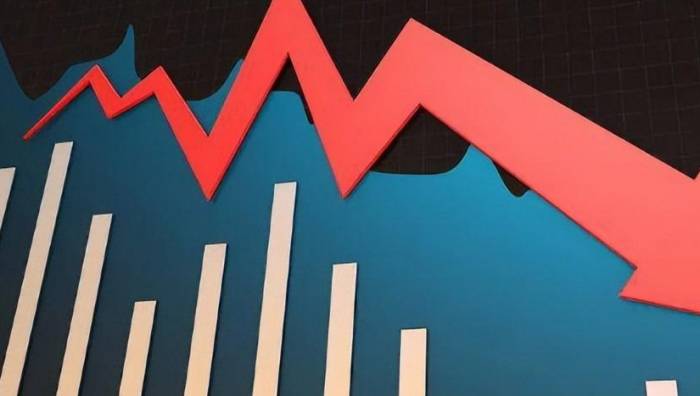





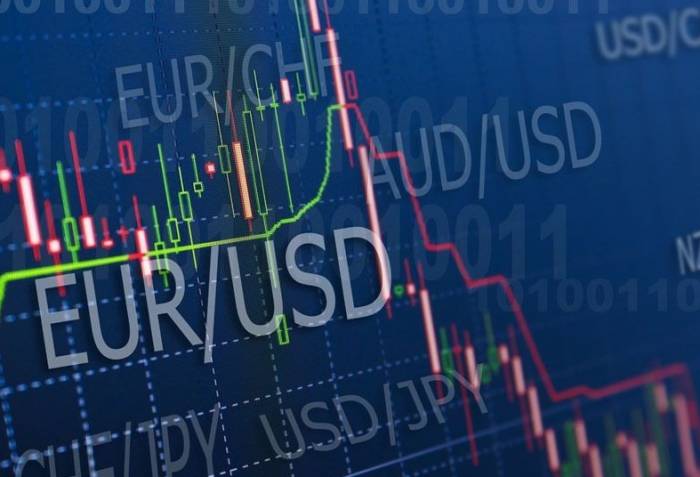
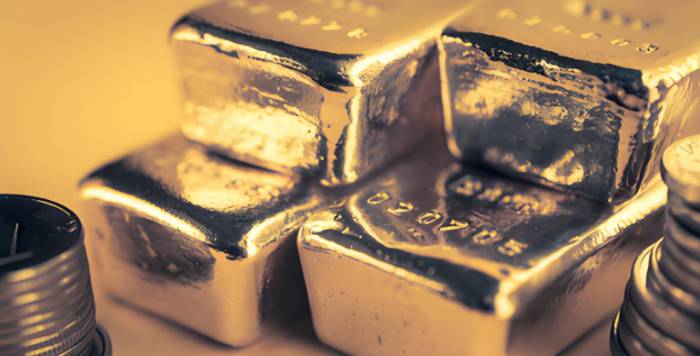




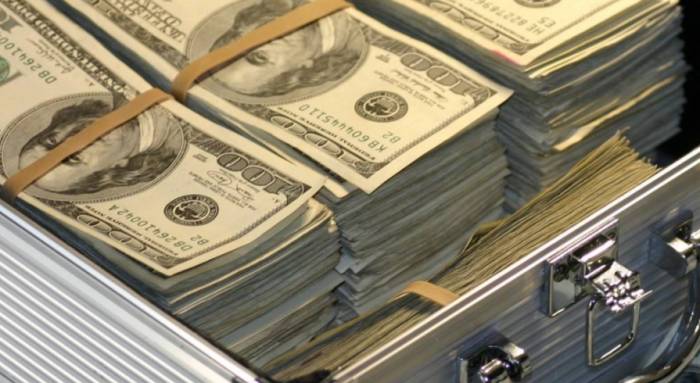









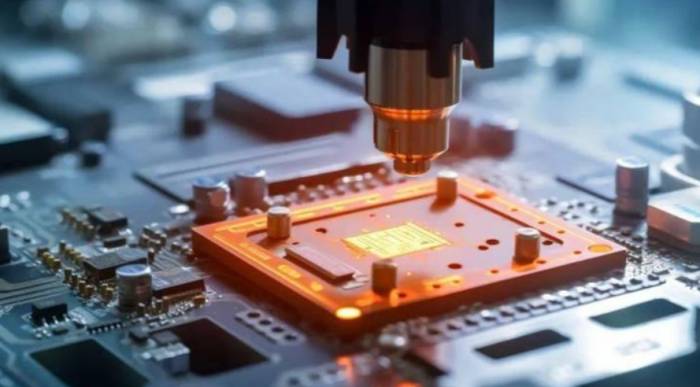

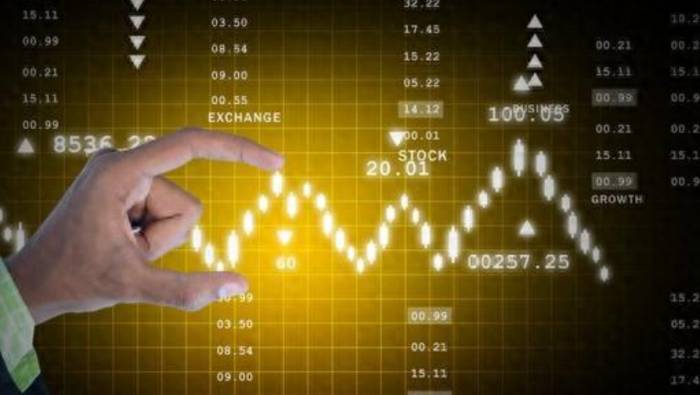





Share Your Thoughts
We value your insights and perspectives